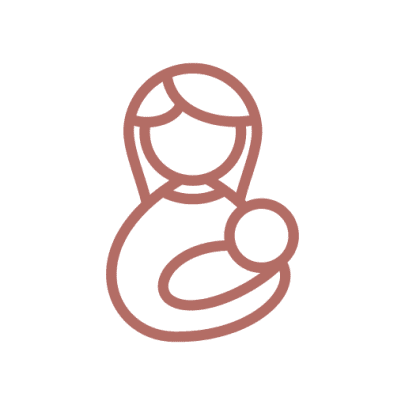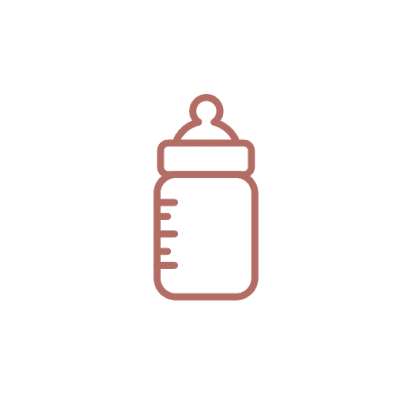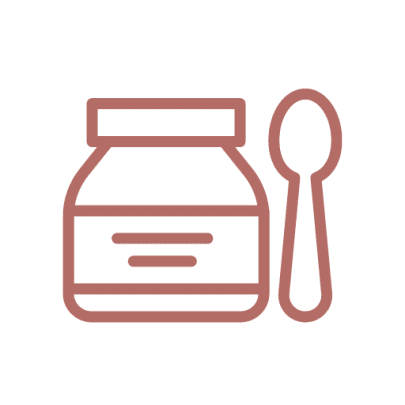THE FIRST WEEKS OF BREASTFEEDING – guest author contribution by Kathy Fray.

For many of us, the first six weeks of new-motherhood are such a dichotomy! … Highs so high you know you’re tasting Heaven, and lows so low you know you’ve been through Hell. The post-natal period can be the most diametrically opposed, chalk-and-cheese moments of our female human existence – seconded perhaps only by the pain and pleasure of childbirth itself.
A father-to-be asked me the other day in my ante-natal clinic “Is breastfeeding difficult? It shouldn’t be should it?” HECK YES, I felt like replying – but that may not have been too professional! As the reality is, that for some women (many women) managing to get breastfeeding well established, can involve a huge amount of personal determination and unshaken commitment.
Is it worth it? Oh, it is so, so worth it. For once you get past the first month or so, then typically by six weeks, most women suddenly discover a wonderful symbiosis has finally developed … and frankly then breastfeeding also becomes the laziest way to mother, because it’s just a whole lot less work than sterilising bottles and heating formula.
Pregnant women are often told the Breast-Is-Best mantra – but then again formula these days is also a highly sophisticated artificial substitute. So what really are the big differences? Courtesy of the MIDIRS Midwifery Digest (March 1996) let me summarise infant formulae:
- Higher protein concentration → increased load on newborn kidneys
- No protein equivalent to the human milk whey which is important in hypoallergenic digestion → Can provoke antigenic responses (eg asthma, eczema)
- No Lactoferrin → One-fifth level of iron absorption
- No Immunoglobins and Lysozymes → Reduced protection against and ability to fight infection
- No Enzymes, growth modulators and hormones → No natural assistance to digestion, growth and development
- Higher Casein content → Formation of larger, tougher curds requiring higher energy expenditure to complete digestion
- Higher Amino Acids → Possible health effects on central nervous system
- Limited Fatty Acids → Possible effects on brain growth and development of central nervous system
- Carbohydrates Lactose differs → Potential unmet energy requirements, higher pH, less efficient calcium and iron absorption
- Higher Minerals → Difficult to match infant’s nutritional needs and keep within their metabolic capability
- Lower Calcium-Phosphorus ratio → Calcium less efficiently absorbed
- High levels Zinc → May disturb copper or iron absorption
- Lower Copper, Cobalt, Selenium & Chromium → Lower bioavailability of these trace elements and potential deficiency
Research varies, but as a general overview the main health benefits of feeding human babies exclusively human milk for the first six months (then ideally ongoing breastmilk feeds up to two years of age):
- 20-40% less infant gastrointestinal infections
- 50-80% less infant diarrhoea
- 25-75% less infant otitis media (middle ear infections)
- 35-40% less infant urinary tract infections
- 50-70% less childhood asthma and wheezing
- 20-60% less childhood atopy (as a result of inherited allergy predispositions)
- 15-50% less childhood respiratory diseases & infections
- 40% less childhood coeliac disease
- 30-70% less childhood obesity
- 5-30% less childhood diabetes
- 20-30% less childhood cancers
- Improved childhood immune system
- Less adulthood inflammatory bowel disease
- Less adulthood cholesterol (lowering cardiovascular disease)
- 5-8% higher IQ
There certainly are very valid situations when breastfeeding is not appropriate, such as a mother on toxic medications. But in general, most women who give up breastfeeding in the first weeks, do so because it can be such a difficult journey some times, often times. But I so encourage you to try to hang in there for that first month before committing lactation hara-kiri … and trust me when I tell you, that for most women when they do, things do usually come right – really right – and then breastfeeding does become the loving pleasure we all hoped it would be … and finally we feel like the Madonna with Child!
Kathy Fray
North Auckland Midwife & author of the popular guide “OH BABY … Birth, Babies & Motherhood Uncensored”.
Email [email protected]
Website www.kathyfray.com
© 2009 Kathy Fray








